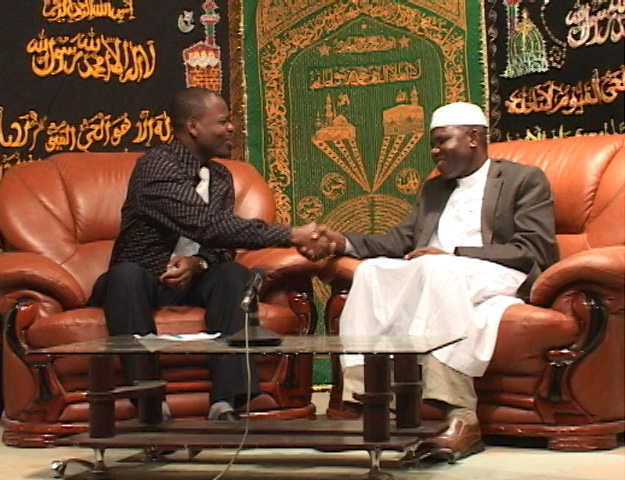Unit 2: Interviewing
Warming up to interviewing
Proficiency Objectives
- understand descriptions and stories of events that have happened or will happen.
- find and use information for practical purposes.
- meet basic school and academic writing needs.
Content Objectives
- discuss the difference between ordinary conversation and interviewing.
- discuss one Swahili-speaker’s perspective on what it means to be Muslim.
Jump to Tips for instructors

Pre-reading Exercises:
Reading:
Read the interview with “Maliki” (Primary Source 1). Don’t worry about understanding everything the first time you read it; just read for the gist.
Post-reading Exercises:
Post-reading Exercise 3
Re-read the interview with “Maliki” (Primary Source 1). You may want to keep it open in another tab so you can refer back to it while you answer the following questions.
Moving on from here
Now that you’ve read an example of a Swahili interview that touches on religion, and thought about what an interview might be like, in the next set of exercises you’ll practice conducting one or more yourself. Bahati njema!

